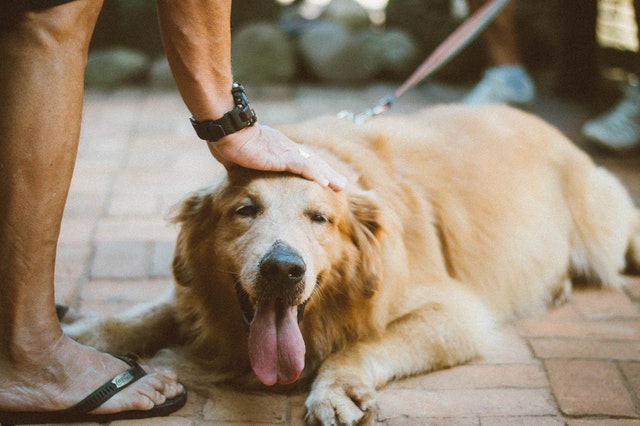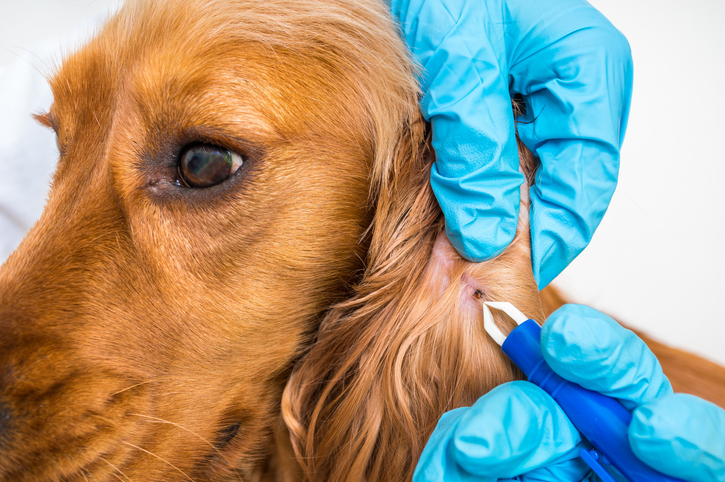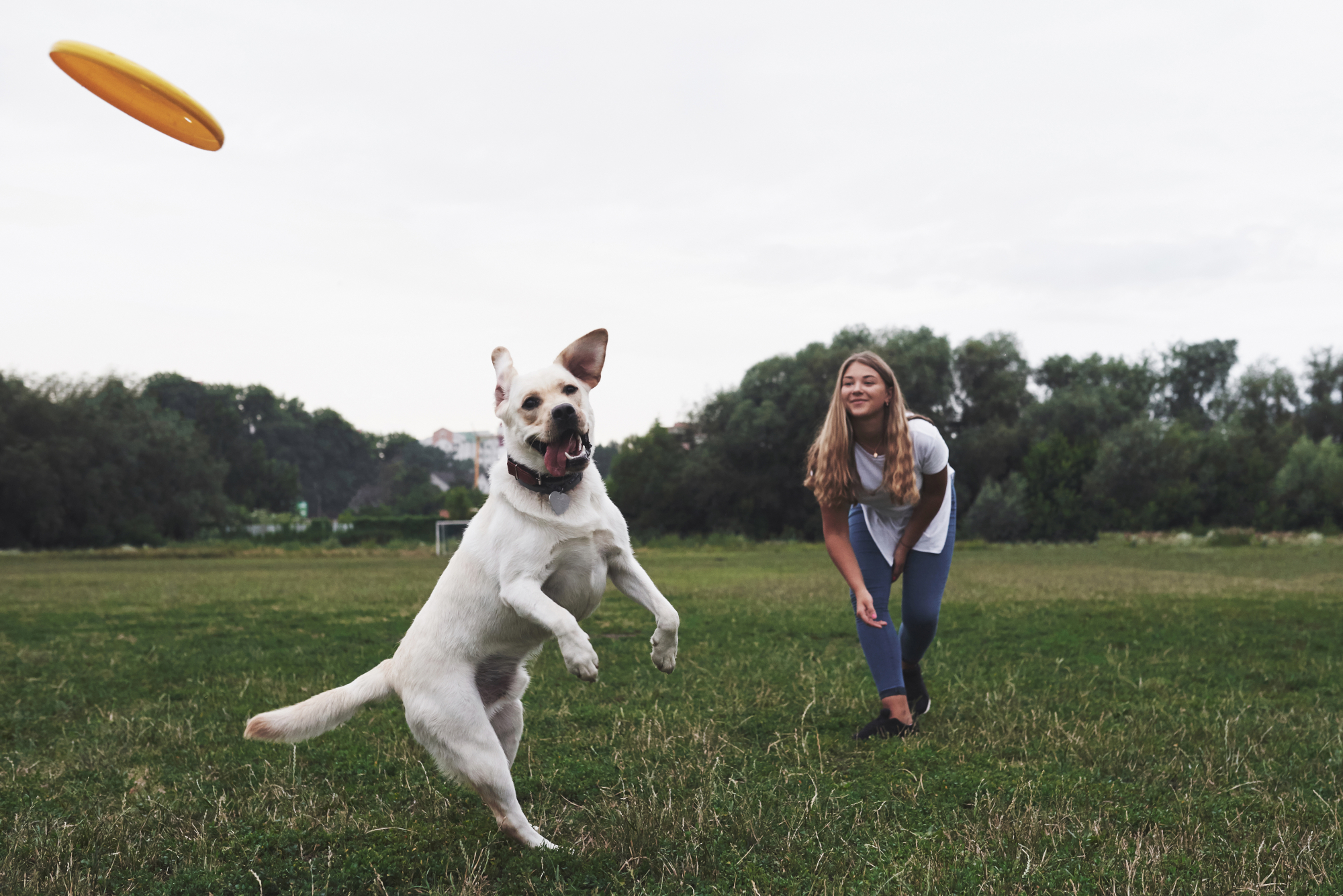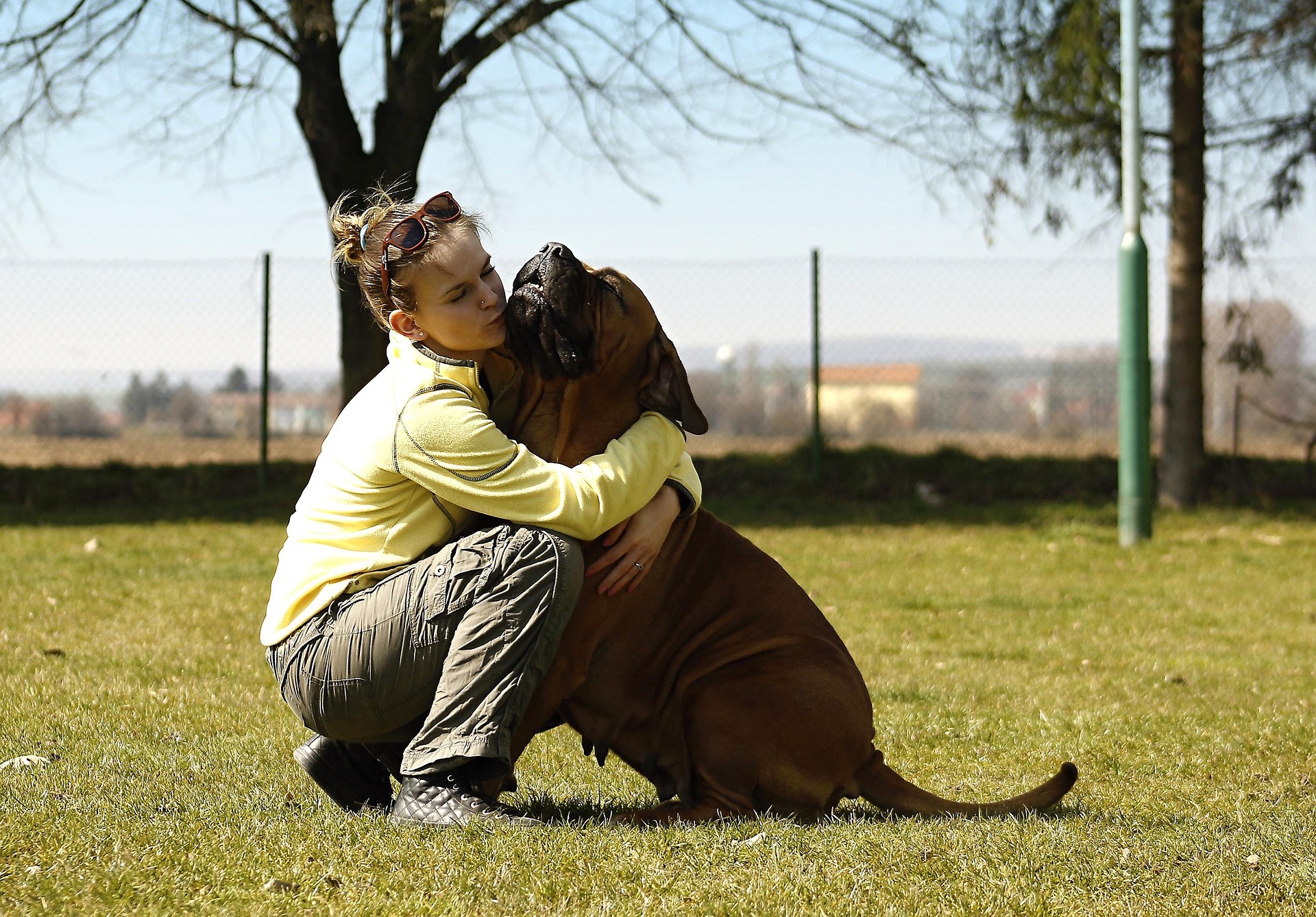If you’ve become a new pet owner, it’s now time to prepare for your very first vet visit. Your little pet will probably be nervous and you may be nervous too!
Whether you have a new puppy, a kitten, a little rabbit, or a new older pet, the worries and concerns—your pet’s and your own—are the same. How can you relieve your pet’s anxiety at being taken to these new surroundings, which will include strange animals who are also afraid, unfamiliar sounds and smells, and someone who is going to poke and prod them? What questions will you be asked? Are you doing the right things for your pet? What will the veterinarian actually do during the examination?
Don’t worry—with a little preparation, you can ease your mind and concerns for your pet. Reminding yourself that this first checkup is the key to ensuring your pet’s future health and happiness is a good start. Your veterinarian will use this visit to record all the signs of your pet’s health and wellness. These signs become the baseline against which future problems can be compared, and then quickly caught and treated if any problems are detected. The first visit allows you not only to hear what is expected in terms of vaccinations and the future care of your pet, but also to voice your own concerns and get professional advice on any issues that cause you unease as a new pet parent.
How to Prepare Yourself for Your Pet’s First Visit to the Vet
Phone the veterinarian’s office, make an appointment, and ask if you need to bring a stool sample or anything else to help your vet in the assessment of your pet’s health. Arrive early enough to fill out the registration form needed for new clients and pets, and bring any paperwork that pertains to your pet.
- Bring Necessary Information
- Be ready with basic information about yourself: your name, address, phone numbers, and place of employment. This information ensures that your vet’s office can get in touch with you regarding test results and reminders about future appointments.
- Be ready with basic information about your pet: name, sex, how and when you acquired your pet—store, shelter, farm, gift—any medication that accompanied your pet, any medical conditions that are already present, and vaccination status.
- You will be asked about your pet’s lifestyle: indoor or outdoor housing; the usual diet and how often your pet is fed; forms of exercise.
- Bring a List of Questions
After the examination, ask your vet these questions if any of these points haven’t already been covered:
- How do I take care of my pet’s teeth? What do I do if he/she won’t let me brush their teeth?
- How and when should I cut my pet’s nails?
- What is the best diet and what are the food brands you recommend?
- When is the best time to have an ID microchip inserted and how much does it cost?
- Are there particular risks for my pet’s breed that I should be prepared to notice if a problem occurs?
- What vaccinations does my pet need? Are there optional vaccines?
- What is the recommended flea and parasite treatment?
- When is the best age for spaying/neutering my pet?
The answers to a lot of these questions can be found on our veterinary blog, but you can ask your veterinarian these questions in person too!
If you have only a small budget for pet care, be sure and mention this to your vet also so that costs can be taken into consideration when your vet recommends essential care.
- Take Notes
- Have a pen and notebook to record information about what to do in an after-hours emergency.
- Find out if your vet responds to e-mails or phone calls, or both, and record the contact numbers.
Prepare Your Pet for His/Her First Visit to the Vet
You can’t explain what is happening or why the visit is necessary, but your pet will take cues from your own reaction to the trip and the visit. Talk to your new pet in an encouraging, soothing tone of voice and bring along items of comfort such as treats or toys. Remember that your veterinarian will be used to meeting nervous pets and their nervous new owners.
- Use a Carrier or a Leash
You will need a carrier for your kitty or bunny, and a leash for your pooch or a carrier if your dog is tiny. Have the carrier ready when you bring your new pet home, and keep it with the door open in the room where your pet will spend the most time. Always have toys or treats inside it to avoid a negative association with the kennel and encourage your pet to go into it now and then. Carry your pet around in the carrier occasionally so that the actual trip to the vet won’t be frightening to them.
- Bring a Comfy Blanket or Towel
On your trip to the vet, put a blanket or towel in the bottom of the carrier, and carry an extra one in case it becomes soiled. Drape another towel over the top of the carrier so your pet feels protected.
- Carry Small Treats
Don’t feed your pet a big meal before the visit, but you can carry a number of small, favourite treats to use as rewards during the outing.
What to Expect from a Thorough Physical Examination
Your veterinarian will give your pet a “nose to toes” examination. Your veterinarian will listen to your pet’s heart to make sure it sounds normal. Your pet’s body condition will be evaluated and specific nutritional recommendations will be made if your pet is over or underweight.
Depending on the reason your pet is coming in and the symptoms they are showing, the veterinarian may do a variety of different things. A cytology may be run if they have symptoms of an infection in the ears or on the skin. There are several different eye tests that could be performed if your pet is showing discomfort, swelling, or discharge. An oral examination may also be done if the vet notices bad breath, excessive drooling, or discomfort.
Examinations are tailored to manage your pet’s stress and anxiety of being in a veterinary office setting.
Your vet will discuss vaccinations and tell you which ones are needed and which are optional, and recommend preventative measures that can be taken to protect your pet from parasite and flea infestations. Don’t be afraid to ask your veterinarian anything about pet care, diet, behaviour, and training.
After this experience, your pet will probably be tired and sleepy, and you might be, too! Remember that your veterinarian is an ally in helping your new pet lead a long and healthy life with you. It’s all worth it!
Creative Commons Attribution: Permission is granted to repost this article in its entirety with credit to Hastings Veterinary Hospital and a clickable link back to this page.






